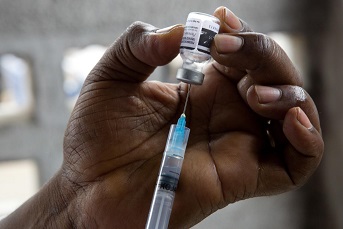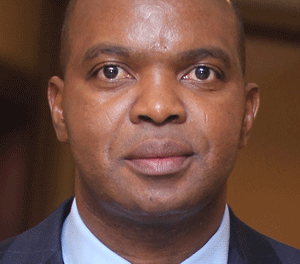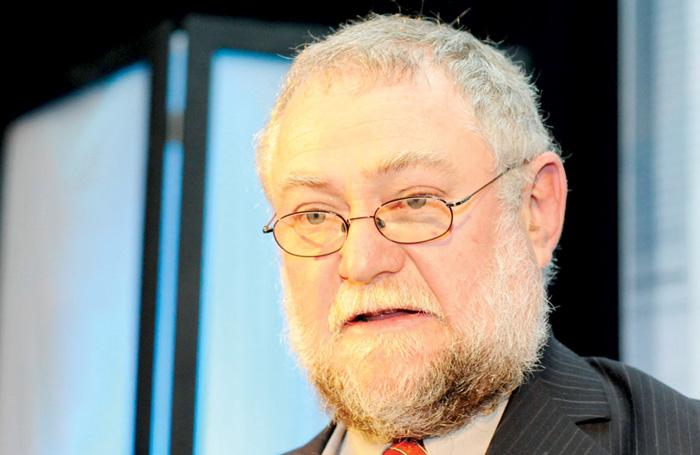
German aid to Namibia on the increase
Germany will not scale down its development assistance to Namibia despite the financial problems in the Euro zone area, the country’s Ambassador to Namibia has said.
Ambassador Onno Huckmann told The Economist in a recent interview that development co-operation will be a key focus area of his time as German Ambassador to Namibia.
For many years now, Namibia has been the largest recipient of development aid from Germany in Africa. Since independence, Germany has given Namibia about N$8 billion within the framework of development cooperation.Last year alone, Germany committed about N$1.4 billion in development assistance for two years (2011 and 2012) , and this year the country has made available an additional N$82 million.
Part of the funding will be used in Namibia’s Short term Critical Energy Supply Programme on renewable energies and energy efficiency while the Roads Authority will use part of the funds for complementary measures for climate change adaptation in the road sector in Northern Namibia. Some of the funds will be used to support the land reform programme, among other projects.
Although the Euro zone area, of which Germany is a key member, has been experiencing financial difficulties which has led to some members implementing austerirty measures to ease growing debt problems, Ambassador Huckmann said this will not affect German’s development cooperation with Namibia.
He said: “I dont think this [problems in the Euro zone area ] will affect our bilateral cooperation here with Namibia. This is a problem of the Eurozone and my government is tackling the problems.”
The ambasador said Germany and Namibia are linked by a long standing friendship and Germany has a special responsibility to Namibia. He added: “As Germany Ambassador and interperter of my Government’s policies, I hope I shall be able to play my part in further strengthening the close partnership between our two countries that has been forged over the past 20 years.”
As of November 2012, trade between the two countries valued at N$1 billion was slightly in favour of Namibia. The country exported goods worth N$520 million to Germany mostly fisheries products, food, rare earth metals, copper and Zinc while German exports to Namibia comprised mainly Malt, semi-finished goods, machinery and telecommunications equipment.
While trade between Germany and Namibia is relatively small, Ambassador Huckmann said governments of both countries have expressed a strong interest in increasing bilateral trade.
“There is a cabinet decision from the Government of the Republic of Namibia which aims to promote and facilitate economic ties between Namibia and Germany. This is, in my view, highly welcomed and should form part of the future dialogue between both governments. In addition, it seems to me that we have to make better use of the already existing instruments and all the Chambers of Commerce and Industry should improve contact to interested companies of both sides and to identify possible areas of trade.
“As I have already said, the strengthening of our economic co-operation will be subject of the dialogue between the two governments. Our foreign Minister Guido Westerwelle invited honourable Utoni Nujoma to come to Berlin in January to talk about all aspects of our relations.”
Ambassador Huckmann said Germany is interested in improving economic ties with Namibia but this can only be promoted if the legal and economic frameworks are favourable and reliable.
“The less risks a country is confronted with, the higher the commitment for investment projects. For every investor, it is essential to have a legal framework so that the investor knows that if i make an investment I will get my money back. For instance, one point concerning Ohorongo was the Infant Industry Protection. If you have this legal framework and the trust of the invetsor that if he invests this framework will remain, this is key.”














































